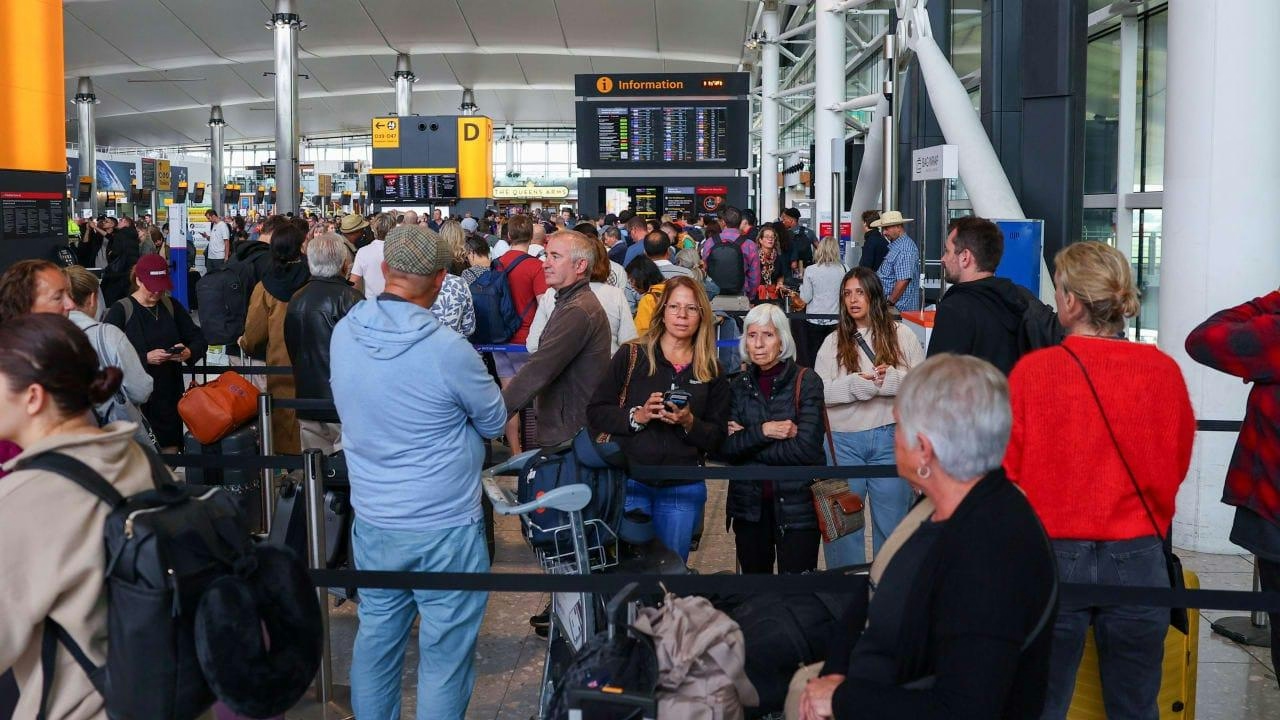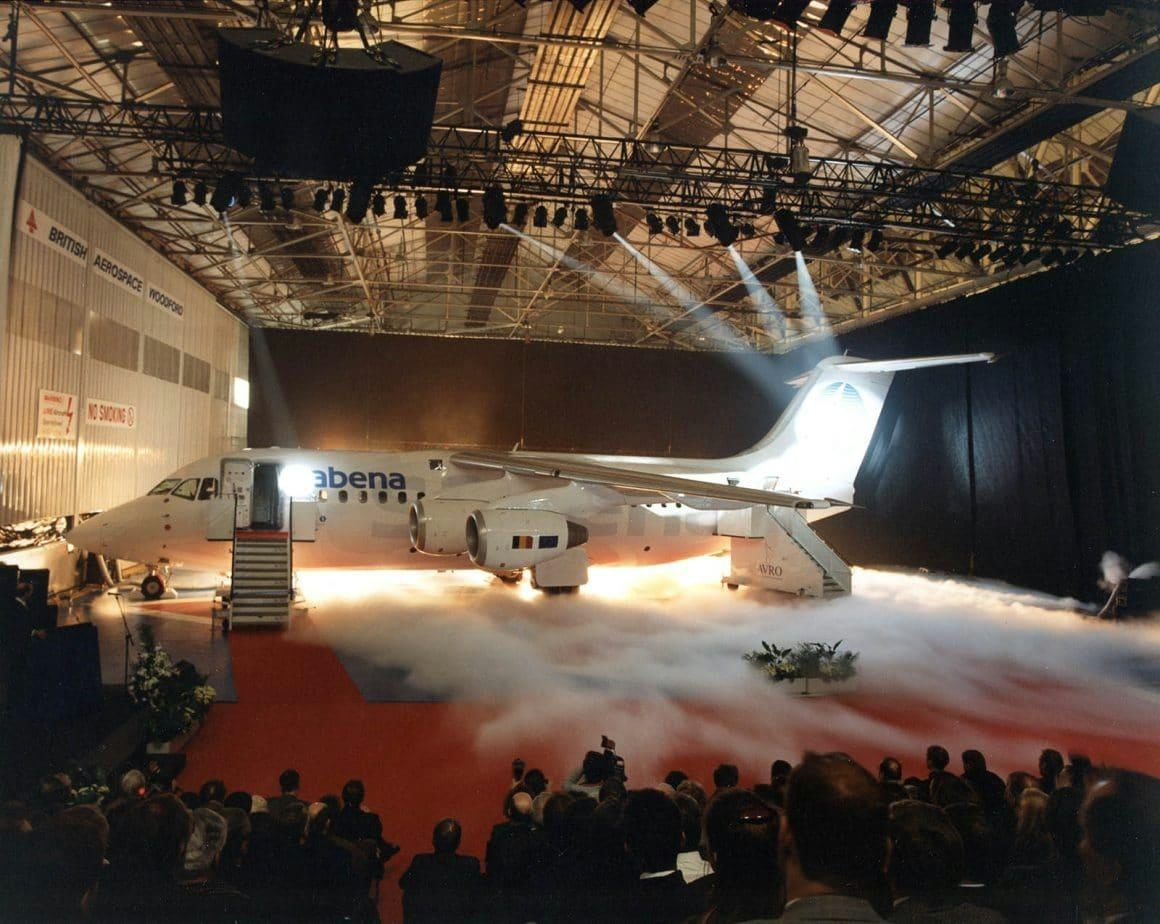
Smarter email, faster business.
Trending
Categories
Cyberattack Disrupts Check-In Systems at Heathrow and Other Airports

Cyberattack Disrupts Check-In Systems at Heathrow and Other Major European Airports
A significant cyberattack targeting Collins Aerospace, a principal provider of check-in and boarding systems, severely disrupted operations at several major European airports on the morning of September 20, 2025. The affected airports included Heathrow, Brussels, and Berlin, where automated systems were rendered inoperable, compelling staff to revert to manual check-in and boarding procedures. This disruption led to widespread delays and cancellations, prompting authorities to advise passengers to verify their flight status with airlines before traveling to the airport.
Impact on Airport Operations and Flight Schedules
Brussels Airport experienced a substantial impact on its flight schedule, with numerous cancellations and delays reported. The breakdown of automated systems resulted in long queues and crowded terminals as airport personnel managed passenger processing manually. In response, Eurocontrol, the European aviation safety organization, directed airline operators to cancel half of their flights to and from Brussels between 04:00 GMT on Saturday and 02:00 on Monday. Eurocontrol also acknowledged that similar technical issues were affecting Heathrow, Berlin, and Dublin airports, cautioning that additional measures might be necessary to contain the disruption.
At Dublin Airport, Terminal 2 was evacuated as a precautionary safety measure, with officials indicating that flight operations could be temporarily affected. The specific cause of the evacuation has not been disclosed, and the airport has yet to provide further details.
Throughout Saturday, hundreds of flights across the impacted airports experienced delays, according to data from flight tracking service FlightAware. EasyJet, one of Europe’s largest carriers, stated that it was operating normally and did not anticipate any effects from the cyberattack, as it does not operate flights out of Heathrow.
Broader Implications and Industry Vulnerabilities
Travel journalist Simon Calder highlighted the complexity and interconnectedness of departure control systems, particularly at Heathrow, Europe’s busiest airport. He explained that disruptions in one location, such as Brussels or Berlin, can cascade through the network, causing missed connections and logistical challenges involving passengers, aircraft, and crew. Calder warned that such issues often escalate before normal operations can be restored.
The incident has intensified concerns regarding the vulnerability of critical infrastructure to cyber threats. Industry analysts emphasize that the aviation sector’s heavy reliance on digital systems exposes it to significant risks from cyberattacks. This vulnerability was underscored last September when a global IT failure, triggered by a faulty software update from cybersecurity firm Crowdstrike, grounded flights across the United States.
As efforts continue to restore normal operations, passengers are urged to stay informed through official airline and airport communications. The full scope of the disruption and its potential long-term effects on European air travel remain uncertain.

Shield AI Unveils Reconnaissance Module for Drones Supporting Ukraine

United Airlines Boeing 757 Diverts Twice in Two Days Due to Engine Issues

U.S. Introduces Supersonic Aircraft Aiming to Transform Global Travel

PLA Air Force Demonstrates Capabilities at 2025 Changchun Aviation Open Day

Egypt and UAE Strengthen Partnership in Civil Aviation

Why Did British Aerospace Equip the BAe-146 with Four Engines?

Wichita Balances Aviation Heritage with Future Innovation

Boeing Projects Growth in Latin American Aviation Over Next 20 Years

Fast Air Marks 30 Years in Canadian Aviation with Focus on Safety and Service
